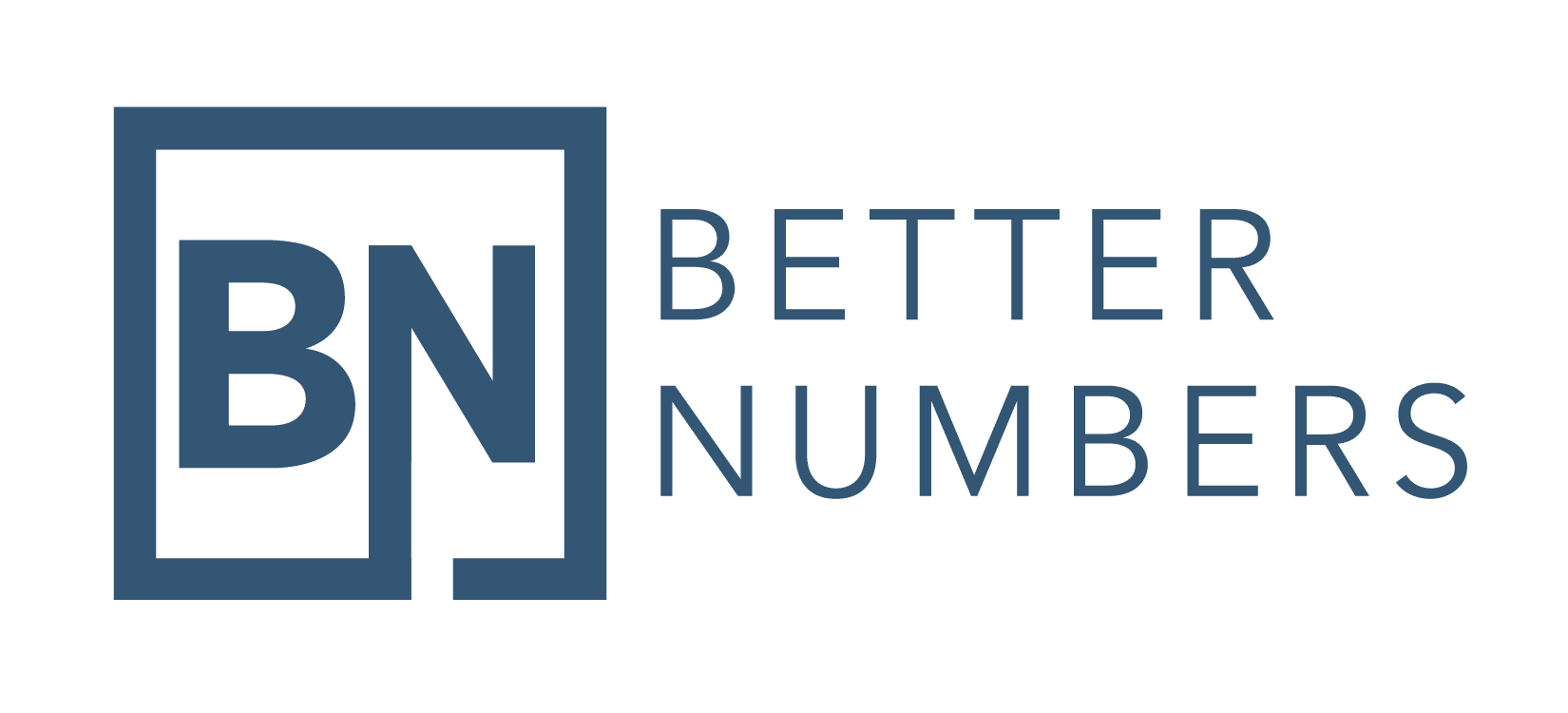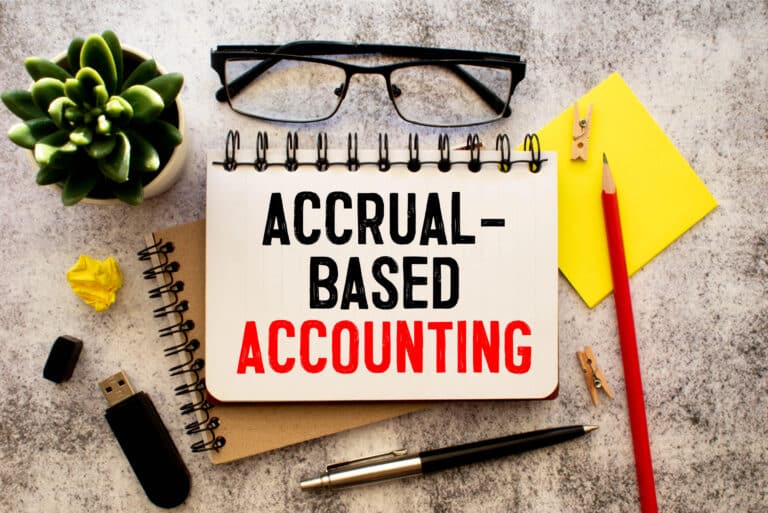Where to start…
You’ve got drive, energy, and an awesome idea for a product or service. But, did you consider your accounting needs? Accounting tends to be one of the more mundane considerations, especially when you have so many exciting things happening as you start your business. Here are the 4 accounting bases you need to cover in your startup:
1) How are you going to get paid?
Are you going to accept credit cards, cash or checks? Or, all three? Are you going to be paid online, in person at the customer’s location, or in your retail location? If you’re going to be paid in cash or checks, who is going to be designated to do the bank deposits?
If you’re going to be paid by anything other than cash or check, you’re going to need a solution for your credit cards. Services such as Stripe, Square and QuickBooks Payments are all good options. Here are the main considerations with these types of services:
- Fees – It’s relatively expensive to get paid via credit card. There is a swipe fee, usually a flat rate, as well as a percentage of the total sale. There may also be a flat monthly fee from the service provider.
- Portability – If you’re going to be paid on the go, it’s important that your payment solution goes with you. This can mean via an app, card reader, or through some other online portal.
- Connectivity – It’s important that your payment solution talks to your accounting software and other apps in your business. Connectivity reduces manual data entry and errors. When you swipe a customer’s credit card, you will want the sales to populate in your accounting software, and create or update the customer information. For a more in-depth conversation about connectivity and how it can help your business, see my post here.

2) Where is your money going to go?
The customer agreed to buy your product or service, and you’ve swiped their card or collected their cash. Now what? The money has to go somewhere, and it should go to a dedicated bank account for your business. Commingling of business transactions with your personal bank account can lead to all sorts of issues (#56 here), such as:
- Bad data – It becomes difficult to go back through bank statements and figure out which transactions were business or personal. Then, if you don’t have good data on your business it makes it impossible to make good decisions based on the data.
- Taxes – Same as the above, it will be difficult to take advantage of all the deductions available to your business if you can’t easily segregate business and personal transactions.
- Hobby loss rules – If you’re operating your startup as a part-time business for a period of time without turning a profit, you may get to the point where you need to justify the legitimacy of the business to the IRS. It’s fairly common to have a full-time job and then operate a “side hustle” which you hope to make a full-time gig one day. In fact, Better Numbers got started this way. There have been a number of tax court cases which have cited commingling as a negative strike against the business owners and disallowed the losses as write-offs.
3) How are you going to track your financial data?
Now it’s time to figure out how to track your business’s transactions. For this, you’re going to need a proper accounting software. Not convinced? Here’s a post I wrote on Quora which discusses the drawbacks of not utilizing proper accounting software.
Some of the best options are QuickBooks Online, Xero, Freshbooks and Wave. Of those options, QuickBooks Online is clearly the most widely used, and therefore it will be easier to find help if you get stuck. It’s also likely that you’ll have multiple apps in your business that you’ll want to connect. For this, QuickBooks Online is best in class, too.
4) What level of data do you need?
Data is important for driving strategic decisions. What gets measured is what gets managed, so for this step we need to determine what is getting measured. You should be collecting and storing as much data as possible in your business, whether financial or operational. However, I am only going to discuss your accounting software here. These are some key considerations when setting up your accounting software:
- Do you need to track inventory? The alternative is to classify inventory expense to a generic Cost of Goods Sold account. If you do need inventory tracking, you’ll likely want an app that integrates with your accounting software.
- Does your business have more than one location? If so, do you need to know the financial performance for each location?
- How much detail do you need in your chart of accounts? This speaks to the number of child accounts you will need relative to the number of parent accounts. For instance, is it enough for you to classify your monthly QuickBooks subscription to “Software & Subscriptions”, or do you need a child account called “Accounting Software”.
- Do you need to know customer profitability? If so, you will need a method to track sales by customer as well as Cost of Goods Sold and allocate overhead by customer.
One other thing that’s important to note – the more detailed information we collect, the more complexity there will be. This is why automation and connected apps are important. With automation and apps, we can collect and categorize more detail without necessarily introducing more effort.
When you’re ready, here are 4 ways we can help you grow:
- Subscribe to “Accounting for Marketing” e-newsletter featuring your industry’s latest headlines
- Join our growing Facebook group of marketing professionals
- Download “Scaling the Data-Driven Agency” e-book
- Let’s work together! Let’s start a conversation to see if we’re a good fit.




